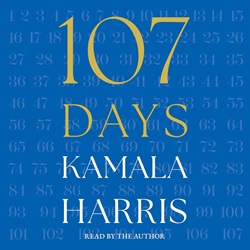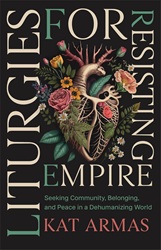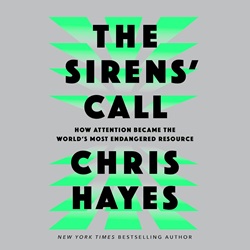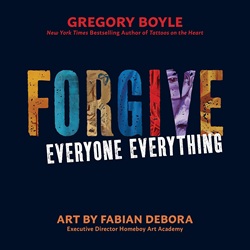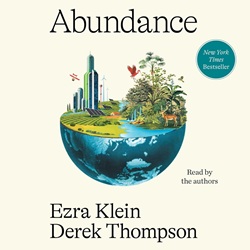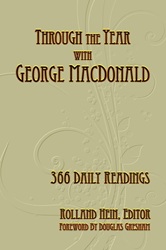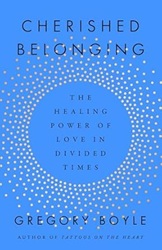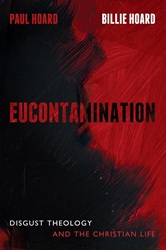 Nobody’s Girl
Nobody’s Girl
A Memoir of Surviving Abuse and Fighting for Justice
by Virginia Roberts Giuffre
read by Thérèse Plummer and Gabra Zackman
Books on Tape, 2025. 13 hours, 40 minutes.
Review written January 5, 2026, from a library eaudiobook.
Starred Review
This one was tough to listen to. I decided I wanted to hear it for myself from Virginia’s perspective, and I think I was glad I did – despite gaining some mental images I don’t want to think about.
Knowing that Virginia ended up committing suicide made it all the harder to listen to. On top of that, the book began with her writing collaborator telling us that Virginia strongly indicated that she wanted her book published, but also that Virginia’s marriage was much rockier than she paints in this memoir. I so wanted this girl to get a happy ending! But she ended up living with lots of pain for unrelated reasons (broke her neck after having encephalitis!) – and that makes her story all the harder to hear.
But something Virginia was absolutely firm about – even in emails not long before her death – was she wanted to stand up to powerful people and stop them hurting more young girls. She wanted to help other survivors find their voices.
Her story was the one we’ve heard about – she was essentially a sex slave to Jeffrey Epstein and Ghislaine Maxwell from age 16 to age 19. And after she was starting to recover, she devoted her life to bringing the powerful to account. With the money she got from Prince Andrew’s settlement, she established a nonprofit, SOAR – Speak Out, Act, Reclaim, for survivors of sex trafficking to reclaim their stories.
Even though the first half or so of the book – while she was still being trafficked – was awful to listen to, I’m glad I heard her story from Virginia’s perspective. That way I won’t imagine that she had any choice in the things she did, even though she wasn’t in chains. I’ve got a new understanding of what “grooming” entails. Since Ghislaine Maxwell was there from the start, 16-year-old Virginia thought what they were asking must be okay. After all, this woman was there joining in. When she started to get up the courage to stop doing what they asked, they showed her a photo of her much-loved little brother at his school – making clear that if she disobeyed or told anyone, they’d do something terrible to him.
Almost more tragic than her time with Epstein was the sexual abuse she got from her father from as young as 8 years old – and that he gave her to one of his friends to do the same. And then she found others who preyed on her as a teenage runaway after time at an abusive camp for troubled teens. So when Epstein and Maxwell started abusing and trafficking her, she almost didn’t know what normal was.
And these were powerful, wealthy people. Virginia doesn’t name some of them – making it clear later in the book that she was afraid what would happen to her family if she did. But so many of the men were never brought to account. (Virginia speaks about the need to remove statutes of limitations for crimes of child sex trafficking, because it takes time for survivors to recover enough to deal with what happened to them.)
On top of that, Epstein was not only interested in sex – he was also interested in power. So the people he brought to his conferences and events weren’t necessarily involved with the sex trafficking. Though Virginia’s pretty clear that anyone who came to his house couldn’t help but notice the naked pictures and naked girls and have strong clues that something was going on.
So this isn’t a book to find out who is or is not guilty. She goes into detail about Prince Andrew, since she had a famous court case with him. She also makes it clear that Ghislaine Maxwell was very much Jeffrey Epstein’s collaborator and coordinator. And her presence was what enticed so many young girls into their clutches. But most of the others to whom she was trafficked aren’t named in the book for the protection of her family. And it’s not clear how many of the other public figures who are named committed sex crimes, and which were there simply because of Epstein’s front as a power broker.
It was finally when Maxwell and Epstein asked her to have Jeffrey Epstein’s baby that Virginia determined to find a way to escape. The thought of her unborn child being controlled by those two evil people was too much for her, even though she had never learned to value her own safety that much.
In the end, I’m glad I listened to the book. I’m proud of Virginia Guiffre for finding her voice and telling her story. I hope it will give hope to other victims of sex trafficking to know they are not alone and help them find their voices. I hope it will deepen the resolve of the nation to bring justice to people who prey on children. I hope it will make powerful people think twice about using and throwing away people they don’t think have power. And I hope it will silence anyone who thinks that a 16- or 17-year-old is anything but a victim when they are used sexually this way. I also hope that Ghislaine Maxwell will go back to a regular prison for her crimes. And that the Epstein files will finally be released to the public to bring the evil out into the light and more powerful people brought to account.
So, yes, I do recommend this book. But be warned that the topic is important but not at all pleasant.
speakoutactreclaim.org
Buy from Amazon.com
Find this review on Sonderbooks at: www.sonderbooks.com/Nonfiction/nobodys_girl.html
Disclosure: I am an Amazon Affiliate, and will earn a small percentage if you order a book on Amazon after clicking through from my site.
Disclaimer: I am a professional librarian, but the views expressed are solely my own, and in no way represent the official views of my employer or of any committee or group of which I am part.
Subscribe for more reviews and talk about books.
Join the conversation: What did you think of this book?
